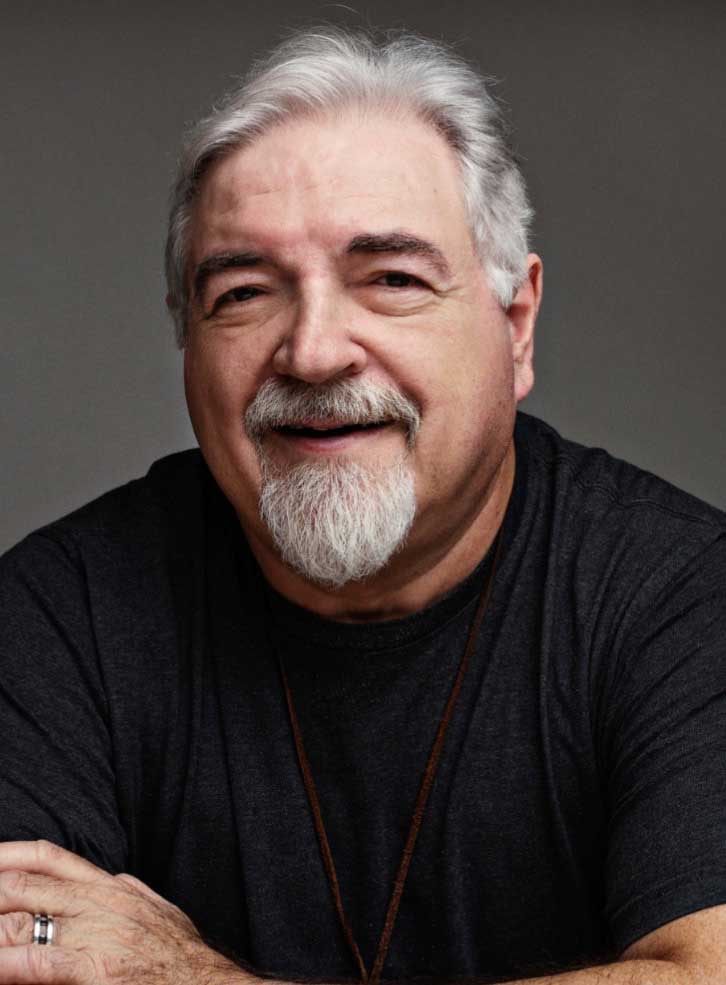I recently stumbled on a comment I wrote about Big Pharma price gouging 11 years ago:
Bringing down the cost of healthcare is an incomplete concept if we don’t bring the rampant price gouging of the pharma manufacturers and outlets under control. Here’s a couple of examples. Advair from GSK costs about $200 for a 30 day supply of their lower dosage offering in the US. The same product, but called Seretide, also made by GSK, costs $46 dollars in Mexico.
A prescription for 7 Levaquin (antibiotic) generic pills costs around $120 from CVS, RiteAid and Wallgreens. WallMart asks for $84. But a small neighborhood pharmacy, not a chain, sells it for $21. One would think the big chains would cost less with their massive purchasing power.
The truth is that they are price gouging on this generic drug, charging close to the brand named version. What is very suspicious here is that ALL of the big players are in the same ballpark. Collusion? Price fixing? One has to wonder. Multiply these numbers out by millions of prescriptions and we’re talking real money here, folks.
Are these companies charging these sorts of numbers to Medicare and Medicaid? If so we are looking at the biggest cases of fraud in history. But since these companies are so big and their share of GDP is significant are we running into a “too big to bust” category. Maybe we need a new category of Gross National Fraud to take this into account.
The numbers above were real and for someone who had no health insurance at the time. My wife and I traveled frequently to Tijuana from Los Angeles specifically to visit an open-air pharmacy. As an asthma sufferer, these trips, despite the time burned getting back across the US border, saved us a TON of money. Prices in the US continued to rise.
I switched from Advair to Breo, also from GSK, and the monthly cost in the US was about $380. In Tijuana, two months worth cost $72. Same product, same manufacturer, same patented inhaler, a different label sticker. Albuterol inhalers were $45 in the US. I got three for $15 in Tijuana.
I once joked with the border agent—not smart in retrospect—when he asked for the purpose of our visit and answered, “To buy drugs.” I showed him the bag of products from the Tijuana pharmacy. He shook his head and said he totally understood.
We had spent about $250 that day on what would have cost $3200 if everything had been purchased in the US.These disparities were not limited to Mexico.
In 2019 while in South Africa, I needed to get a refill on my Breo prescription. I had to see a South African doctor for a prescription. No problem. Cash visit, $70 US. The pharmacy was downstairs. I handed over the script to the pharmacist and was handed my refill. Total cash price: $38. The cash price in the US was, as noted above, about $380.
The lesson is pretty simple.
Living in the United States gives you tremendous rights. But even greater rights have been granted to Big Pharma companies, Pharmacy Benefits Managers and all the other middlemen in the medical system to rob us blind.
Legislatures under an avalanche of drug money (if this sounds very similar to a cartel comparison, that is not accidental) run a protection racket to keep these prices sky high.
For decades, Medicare was forbidden to negotiate prices on behalf of members. Thank you, George Bush. Under the Biden administration, and because of the passage of the Inflation Reduction Act, this prohibition has been finally broken. It will take many years and endless push-back from Big Pharma and their lobbyists to get some dents in these abusive pricing practices.
Nowadays we know a lot more about the price-gouging and greed of these companies. The greed is endless. I opined back in 2013 that a significant portion of our GDP was going to healthcare. In fact today it is in the neighborhood of 20 percent.
According to Members of Congress from both parties (when reading talking points fed to them by lobbyists), we can’t afford to have universal healthcare like other countries. It would cost trillions. A few years ago Bernie Sanders admitted it would probably run about $3 trillion to properly put in place universal healthcare or Medicare for All. Since we spent over $4.5 trillion on healthcare in 2022, that sounds like a hell of a bargain.
Remember these things when you listen to the pitches of candidates this year. Vote down the ones who think a financial vacuum hose from the pharma cartels belongs anywhere near your wallet.

Marty Kassowitz
Marty Kassowitz is co-founder of Factkeepers. As founder of Interest Factory and View360, he brings more than 30 years experience in effective online communications, social media management, and platform development to the site. He is a writer, designer, editor and long time observer of the ill-logic demonstrated by too many members of the species known as Mankind. After a long history of somewhat private commentary on a subject he totally hates: politics, Marty was encouraged to build this site and put up his own analyses as well as curate relevant content from other sources.
